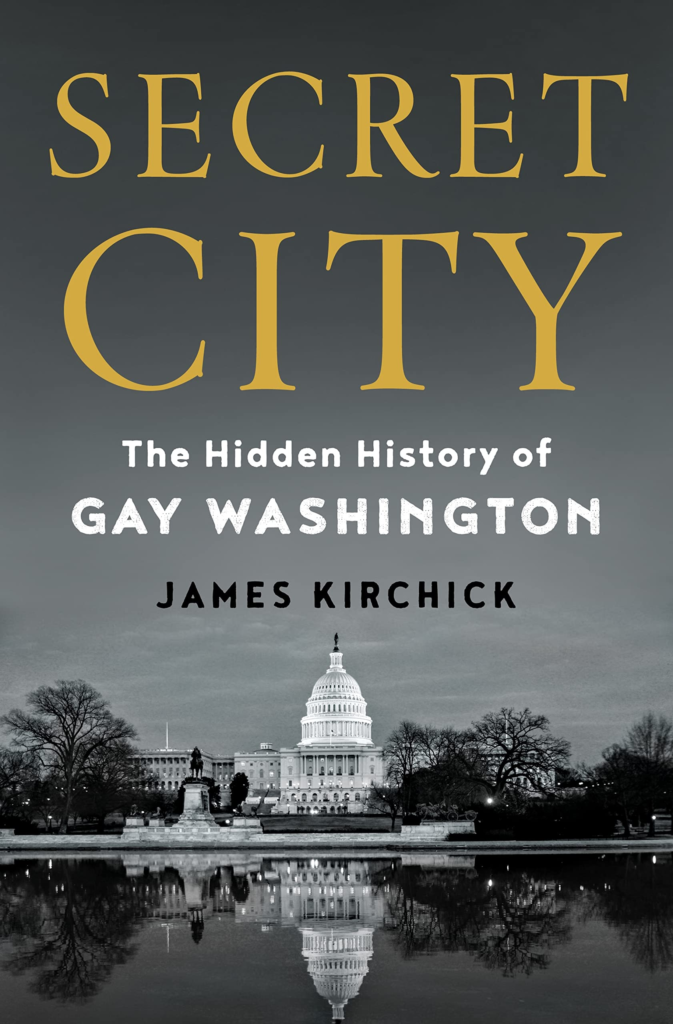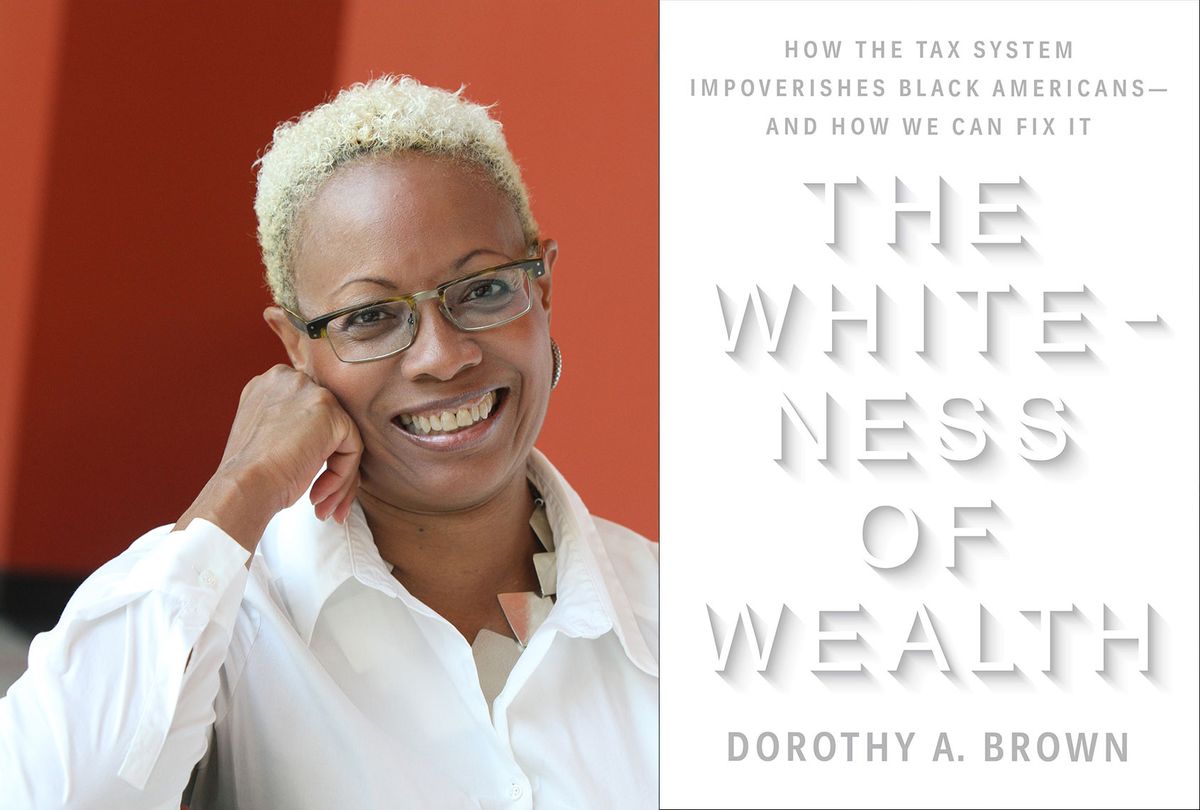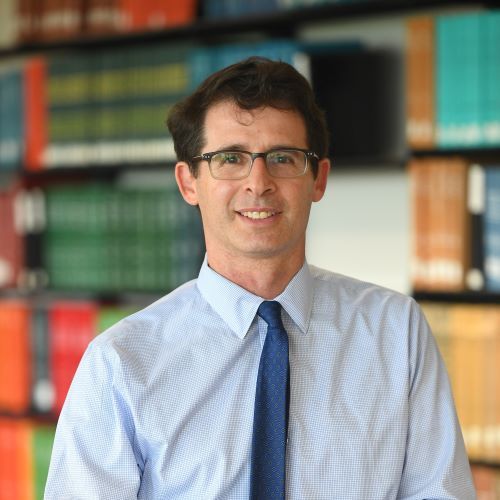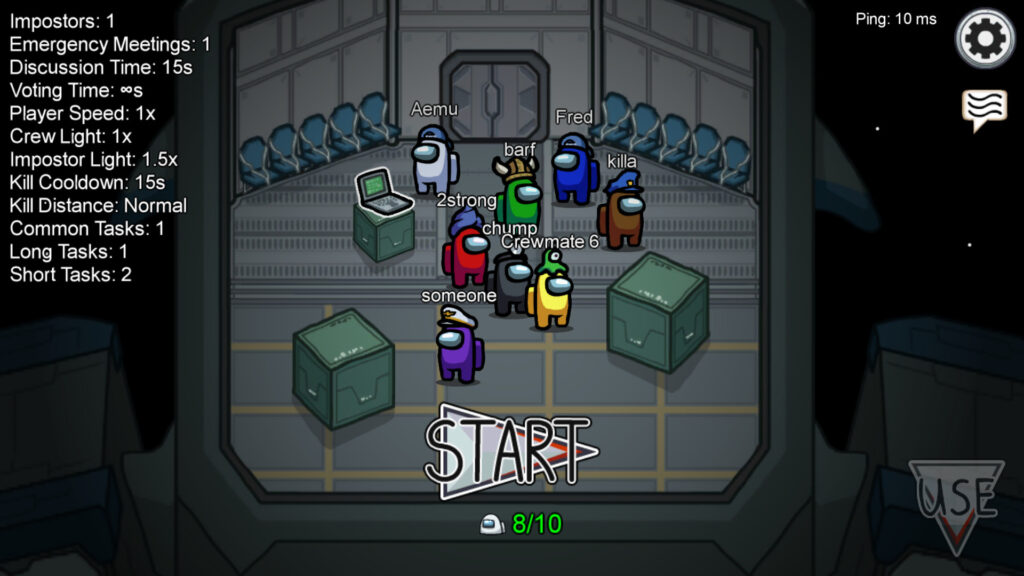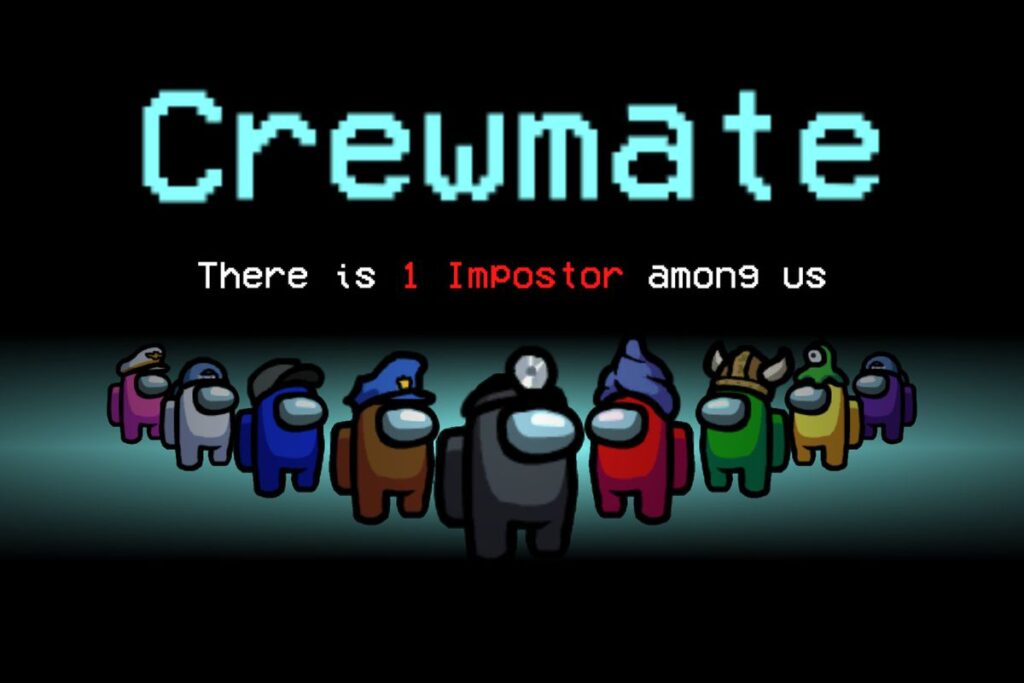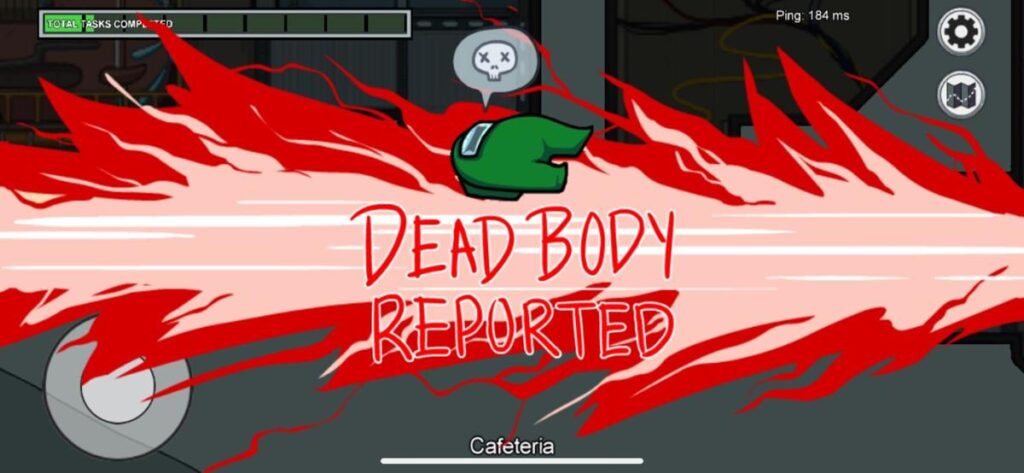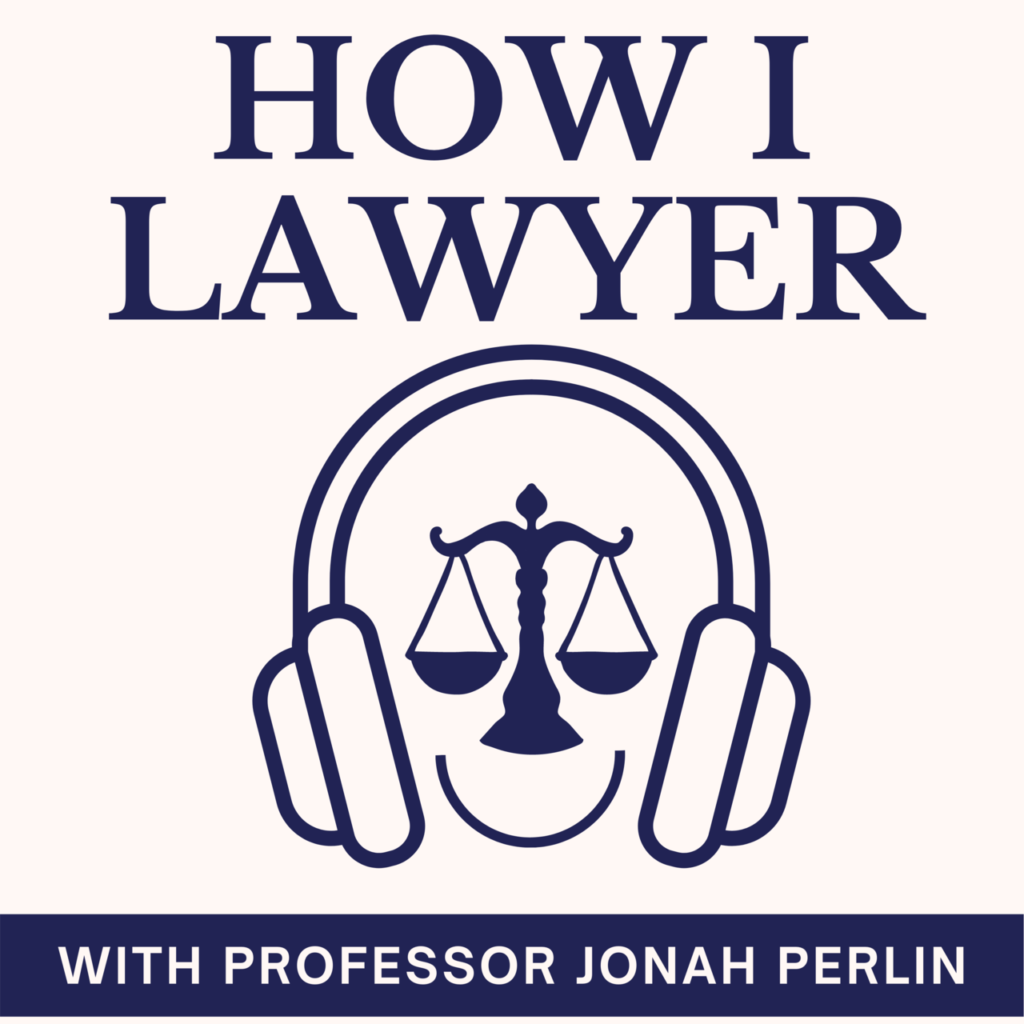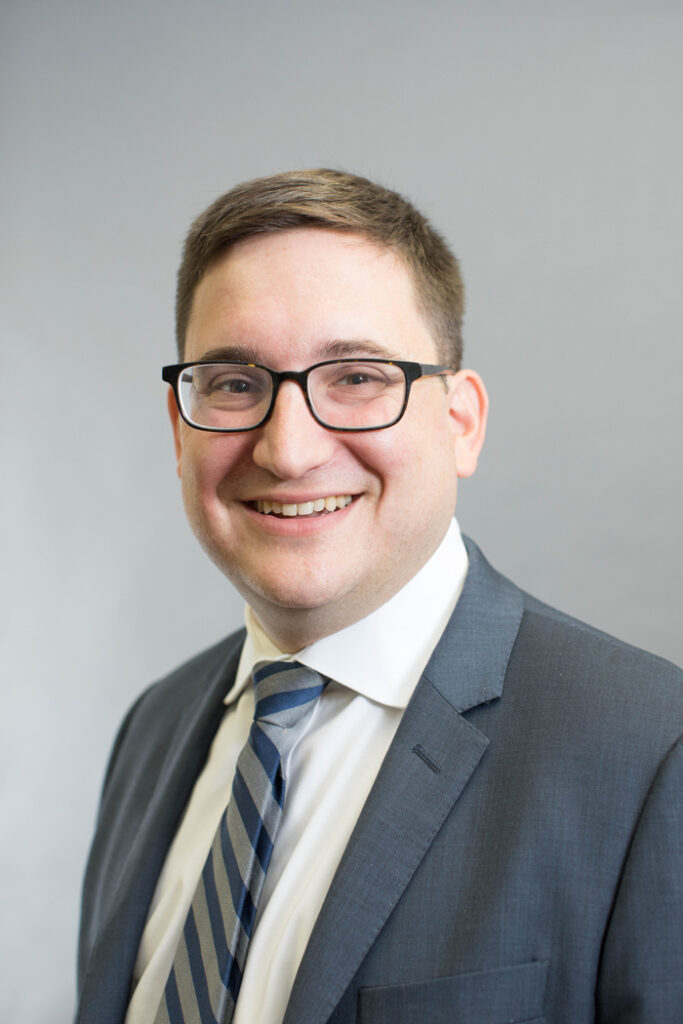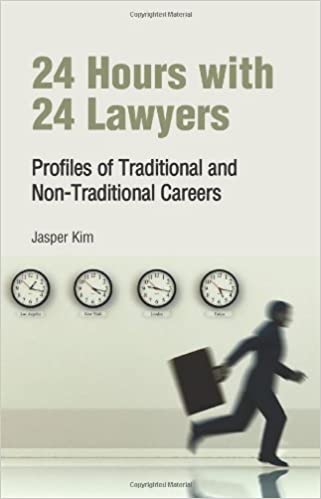Post by Prof. Paula Klammer, Adjunct Professor of Law
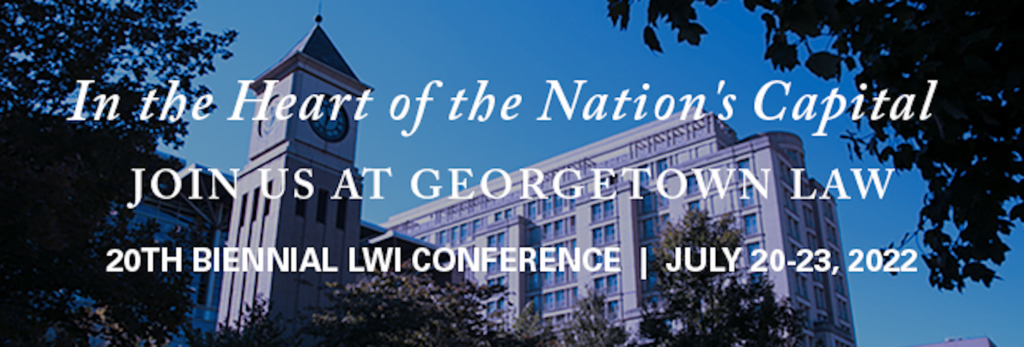
I recently attended the Legal Writing Institute’s Biennial Conference at Georgetown Law School (July 20-23, 2022). As a first-time attendee, I had no idea what to expect. In fact, I wasn’t even sure why I had insisted on going in the first place. I don’t teach legal writing to JD students. Most of my experience teaching has been in my home country, Argentina, to non-native English speaking lawyers either at a tier-one law firm or at a top rated, but relatively small, law school. I was, as we say in my country, “un sapo de otro pozo” (which literally translates as “a frog from another pond”).

Although I was happy to find out that I was not the only first-time, first-gen, or rookie attendee, when many a kind colleague warmly pointed out that I was not the only foreigner (there was, after all, one Canadian among us), the irony of that didn’t escape me. So here I am, the new girl in academia from a non-English speaking developing country exposed for the first time to American scholars, the kinds of scholars I’ve long admired from over 5000 miles away. Intimidated and out of place doesn’t begin to describe it… but then the sessions kicked off and things slowly started to change.

There were basically three kinds of sessions: best practices, scholarship, and organization-specific. By best practices I mean sessions in which professors from law schools all over the country talked about the different pedagogical techniques they use in the classroom. Many of them even had the audience experience the exercises themselves so we could get a feel for the technique beyond the purely theoretical. This is a kind of session Americans are famous for and with good reason. They focus on practice rather than theory and give valuable insights into an aspect of American education that I find particularly valuable. I call it teaching people how to fish.
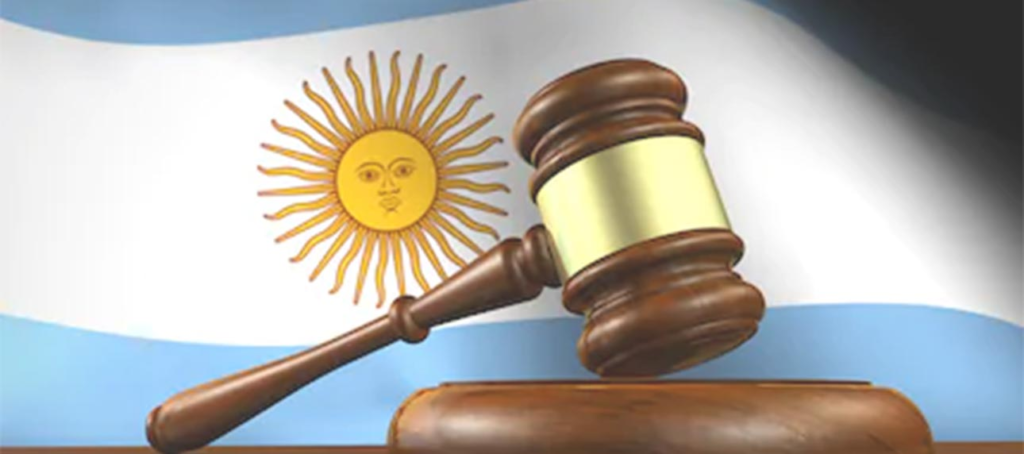
As a civil lawyer trained in Argentina, after five years of law school, the first time I saw a case file I didn’t know how to open it. And this is not because there’s anything cognitively wrong with me, but simply because no professor in five years had ever thought to show us a case file or alert us to the fact that the pages are sewn together and new pages go on top, so you don’t open it like an ordinary book. Of course it doesn’t take long to figure that out in practice, but practicing law is stressful enough without anyone ever teaching you how to fish, which is why I value Americans’ emphasis on practical matters in addition to legal theory.

Then there were scholarship sessions. In those sessions, different professors talked about their current research, where they are, their preliminary conclusions, and where they’re headed. I particularly enjoyed two sessions on rhetoric and argumentation but it didn’t take me long to see the limitations of a less multilingual academic culture. Some of the ideas that float around as relatively novel in the United States are not-so-new outside the U.S., particularly in the E.U. where multiculturalism and multilingualism have forced legal scholarship to think about the place of culture and language in the law. So while I loved the work my American colleagues are doing, I couldn’t help but think about how much they could benefit from a more outward-looking perspective.

With those thoughts going through my mind, I approached a much more seasoned professor who had just given a very interesting talk on culture in legal argumentation. I worked up the courage to talk to this professor about the research coming out of Europe in comparative legal-linguistic studies, where definitions of culture and language are naturally less rigid than what we’re used to on this side of the pond. That led to an incredibly enriching discussion that could only have happened among two people interested in the same topic, where one was fortunate enough to be able to read our French and Italian colleagues and the other receptive enough to want to know more about it. This to me is academia at its best and highlights the importance, not just of dialog among scholars but of the need to translate and publish more foreign scholars in the United States.
Lastly, there were sessions about the Legal Writing Institute itself, its inner workings and mission. I found those sessions quite interesting in that one can really see how a relatively young area of scholarship is strategically building its own sense of identity.
All in all, it was a positive and enriching experience. It made me aware of my own strengths and knowledge gaps. But it also left me wondering what the place is for multilingual foreigners in American academia. I’m not aware of any schools outside of Georgetown with a similar program to ours in which linguists, JDs, and LLBs work together to address the specific needs of our international, multilingual, and multicultural LLM students. There’s an obvious gap in American legal education. And, although I was happy to see everything that colleagues in the Global Writing Committee and beyond are doing to address that gap, I wonder what else can be done.
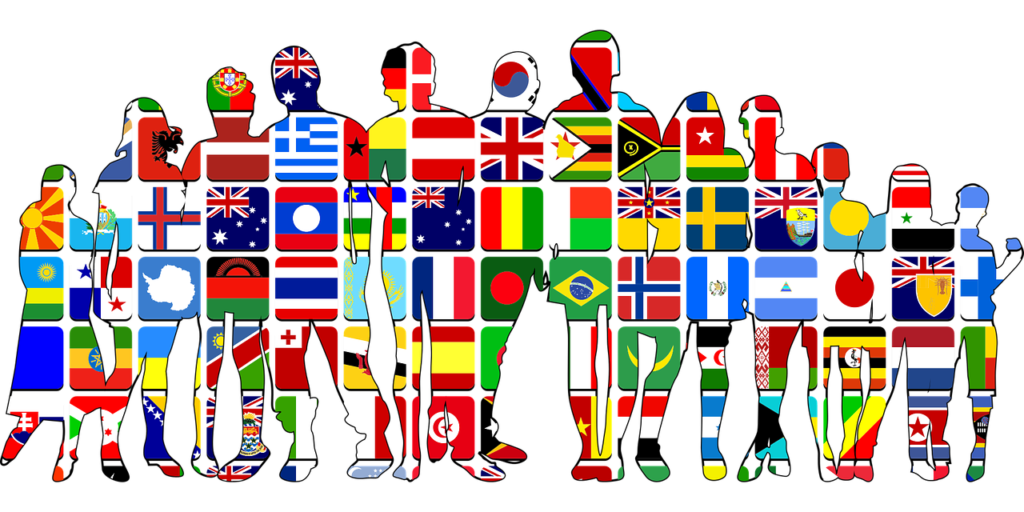
For one thing, we have a representation and inclusion problem in the global classroom. With rare exceptions, professors are monolingual and monocultural; and although there is nothing wrong with that per se, legal practice is neither monolingual nor restricted to American legal culture for LLMs or the growing constituency of foreign-educated JDs in the U.S. That is where I see a representation problem. International or foreign students aren’t seeing professors who are like them or can relate directly to them in very relevant and important ways. And representation matters. It mattered to me in my first year of law school in Argentina when only 10 of my upcoming 45 professors were women (which I’m proud to say my school reversed while I was a student). And it mattered more than once when I was the only woman in the classroom and was often singled out for it by my professor.

Working as a professor with international Georgetown students over the summer, especially those who, like me, are from developing countries, I’ve seen more than one face light up when I told them I’m from Argentina, worked at a big law firm and found my way to Georgetown non-traditionally. Students need to be able to see themselves in at least some of their professors. More importantly, they need someone who they can see themselves in a few years down the line. Global students experience education differently not just because they come from different backgrounds but because they are exposing themselves to an entirely foreign world. And these differences translate into specific educational needs.
Inclusion is another story. Inclusion was a big theme at the conference and I was absolutely delighted to meet colleagues doing fantastic work toward a more inclusive classroom. According to the Center for Immigration Studies, “67.3 million residents in the United States now speak a language other than English at home, a number equal to the entire population of France.” With rising numbers of non-native English speakers in JD programs and international LLMs, even more awareness needs to be raised in American legal academia about language inclusion in the classroom; and colleagues who are already making great strides in that direction need our support.

As for me, the conference started a revolution in my mind. It helped me figure out who I want to be in academia, a question my department director had asked me just a few days earlier and I didn’t quite have a sophisticated answer to yet. As usual, and consistently with everything I ever do in life, I have more questions than answers now. I know for sure that whatever I do will involve global students and turning up the volume of multilingual voices in American legal education.


